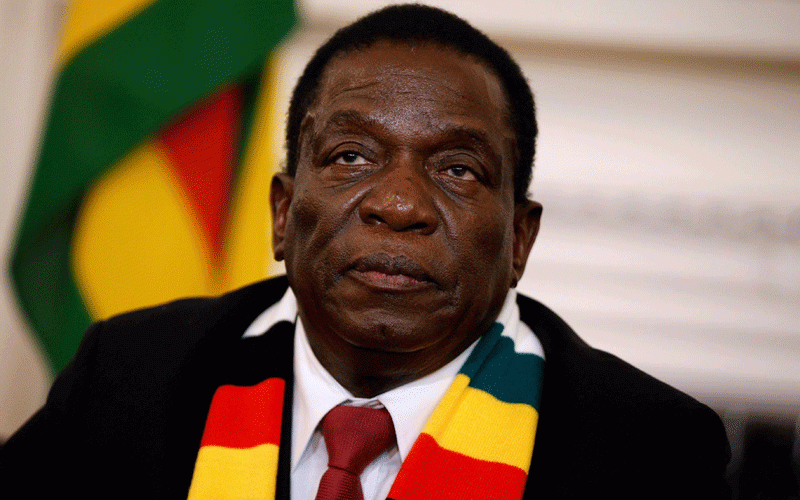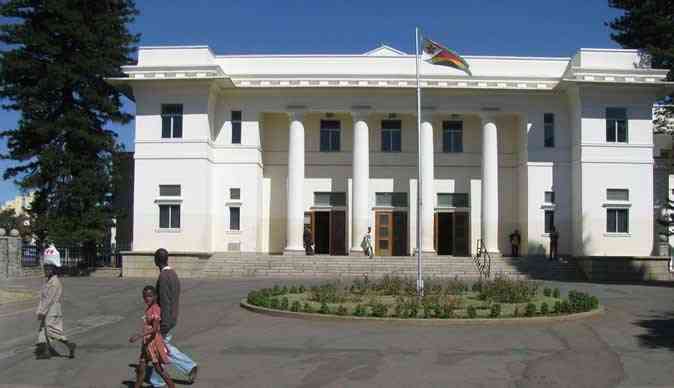
THE CEO Africa Round Table meeting, which was held in Victoria Falls recently week, raised some interesting questions and brought out some perspectives for our political leadership to consider.
The one that stood out was the address by Alpha Media Holdings chief executive Kenias Mafukidze, who played the Devil’s Advocate, while reminding the leadership of their responsibilities and pledges, especially President Emmerson Mnangagwa’s vision to make Zimbabwe a middle-class economy by 2030.
“Elections are done, it is now time to work and all these people, women, men, black, white, red, whatever, they only have one president,” Mafukidze said.

“Whether they like it or not, make it count, make every Zimbabwean, whatever colour, feel that this is their country too because only that way can we get that growth running from 5% to 50%.
“This is not a moment for you (President) to be playing around and trying to figure out, it’s for you to leave a legacy,” Mafukidze said.
The 300 or so Zimbabwe business leaders, who gathered at the event, it seems, want action now that would not only leave a legacy for the President, but the survival of their businesses.
It means while Mnangagwa is serving his second and final term to 2028, he has under five years to achieve this vision, or at least put the country on a firm path to achieving that vision.
The business leaders were preaching to the converted, because Mnangagwa understands what is required to turn the economy and country around.
- Tarakinyu, Mhandu triumph at Victoria Falls marathon
- Masunda lands global sugar industry position
- In Conversation with Trevor: Chisamba: Let’s be proud of ourselves
- In Conversation with Trevor : How car crash changed my life
Keep Reading
As vice-president in 2015, he told CCTV Africa that the economy, particularly in agriculture, manufacturing and industrial capacity utilisation, was lagging behind by between 15 and 16 years.
Capacity utilisation, he noted, was around 20% at the time. It has since grown to 56,1%, according to the latest figures from the Confederation of Zimbabwe Industries.
This remains a rather low figure for a country that has ambitions of becoming a middle class economy by 2030.
Economic growth globally is mostly anchored by a robust middle class, which drives consumer spending. In Zimbabwe, the collapse of this particular class has been hastened and mirrored by the drastic economic downfall the country has undergone starting from around mid-1997.
Teachers, nurses, policemen, agriculture extension workers, miners among others were once part of a middle class that drove this economy.
Given the vicissitudes facing the economy, it is informative that eight years ago, Mnangagwa was keenly aware that the government must embark on legislative reform to create a “need to re-tool industry in order to be competitive and also so that we are part of the general globe”.
Elections have come and gone and he has a new five-year mandate to put things right.






